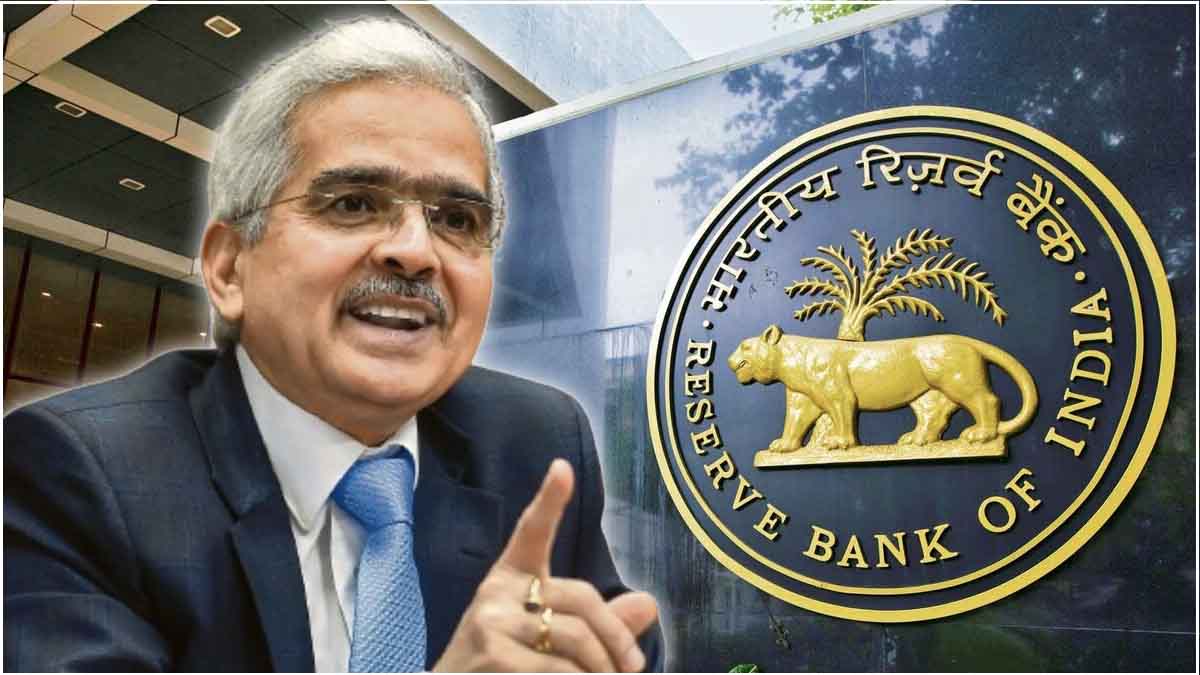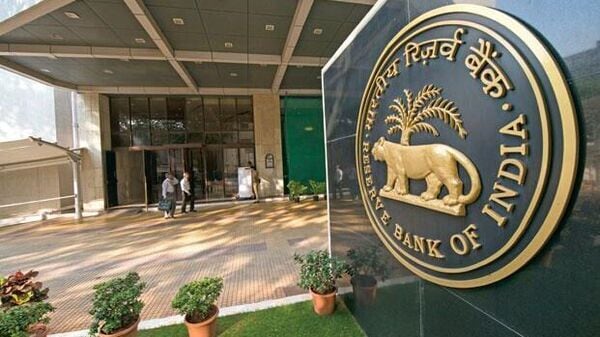Economists are predicting that the Reserve Bank of India (RBI) may reduce the repo rate by 25 basis points (bps) to 6.25% in its upcoming monetary policy review in December. This speculation is driven by several factors, including a slowdown in economic growth and concerns about inflationary pressures, particularly from volatile food prices.

Source:- bbc news
Recent economic data indicates that India’s GDP growth is showing signs of weakness, which has prompted calls for monetary easing to support the economy. The RBI’s primary goal remains to maintain inflation within the target range, but fluctuating food prices, largely influenced by unpredictable weather patterns and supply chain disruptions, pose a significant challenge. The monsoon season’s uneven distribution has affected crop yields, leading to heightened prices for essential commodities like vegetables, grains, and pulses.
Source:- news 18
While overall inflation has moderated, food inflation continues to be a critical concern. The RBI’s latest data revealed that food prices contribute substantially to the Consumer Price Index (CPI), affecting the overall inflation trajectory. A repo rate cut could potentially ease borrowing costs, stimulate consumer spending, and encourage business investments, providing much-needed support to the economy.
However, the central bank will likely tread cautiously, balancing the need for growth against the backdrop of persistent inflation risks. The RBI has signaled its commitment to a flexible approach in its monetary policy, allowing for adjustments based on evolving economic conditions.
Market participants and analysts will closely monitor the RBI’s statements and the forthcoming inflation data ahead of the December meeting, as these factors will significantly influence the central bank’s decision-making process. A rate cut could provide a much-needed boost to the economy, but the potential for rising food prices remains a substantial concern that the RBI must navigate carefully.
Share your views in the comments

